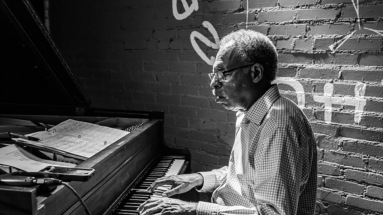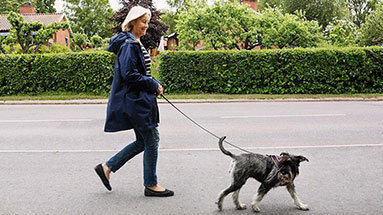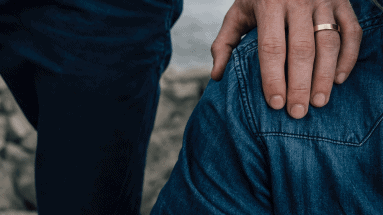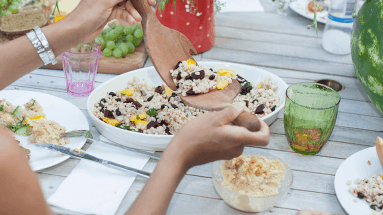Being diagnosed with acute myeloid leukemia (AML)
Being diagnosed with acute myeloid leukemia (AML)
[Title on screen] Acute Myeloid Leukemia (AML)
[Narrator] Acute myeloid leukemia (otherwise known as AML) is a rare blood cancer with an estimated 20,00 new cases in the US in 2020.
We are health researchers, and for this study, we spoke to 15 people in America who are over 65 years old and have AML, most of whom have never taken treatment for AML. For each of the 15 patients, we also spoke to a member of their family. We learned a lot from these discussions and we would like to share what we learned with you.
[Title on screen] Getting Diagnosed
[Narrator] We asked patients and their family members about what happened when they first found out that they had AML.
Many of the patients talked about being sad, shocked, or angry.
[Patient 1; Male, 68+] I was in shock, definitely shock. I guess I had battled with it, like ‘why me? What did I do to deserve this?’ Like all the negative things that go through your head before you kind of come around to acceptance and just going forward the best you can.
[Patient 2; Female, 68+] To be very honest, honestly, I was probably too depressed to understand anything. I was in shock.
[Narrator] Their family members felt similarly:
[Relative 1; Male, mid-40s] I mean my mother and I have a very, very close relationship…So when the diagnosis came along, it was just…you know, shocking to me personally.
[Narrator] The people we spoke to told us about their goals the things they wanted to do, and the activities that were the most important to them. Most of them wanted to be able to spend time with their family and friends, and do their hobbies:
[Patient 2; Female, 68+] For me personally at this point in time…I just want to be able to enjoy my family, my friends, and loved ones, and that's all that matters.
[Patient 1; Male, 68+] In the summertime, I like to go like take long walks…I used to like to go to the parks, and maybe, maybe fishing…I don’t know if I will be able to do any of that…But I try to keep positive.
[Narrator] Some patients also talked about wanting to be able to spend the holidays with their family, or go to big events, like weddings:
[Patient 2, Female, 68+] There's also another wedding for another niece of mine. That's due to happen in August…I already told her that I wasn’t sure and she said to just do my best to make it.
[Loriana] Like the patients we heard from, I was also shocked and angry.
When I was diagnosed, I was a fitness and medical reporter. I raised money for people with leukemia… and suddenly, I was the one needing help. I hated that. I lost my career. We were going broke and I felt broken.
I realized I couldn't do this alone and so I took back control of my journey in a few ways:
Sharing my diagnosis with family and friends, and with other patients through social media so I could get the help that I needed;
Maintaining a connection with my son through video calls when I was in the hospital;
Focusing on the small victories, like going outside for the day, and setting milestones, like celebrating birthdays or holidays;
And most importantly…
Focusing on “PREHABILITATION” which meant preparing my body for the fight by staying active and fit. I know, I know it is tiring, but getting up and moving around in any way (even just walking around the room or walking to the garden), is so important, and will help you mentally and physically!
Because we are all different, we all fight differently and we have different priorities, I made sure my doctor knew exactly what was important to me and what I valued.
I shared what trade-offs I was willing to make for certain treatment options…what lengths I was willing to go to. It was up to me to communicate this to my doctor so we could both be on the same page. I encourage you (or your family members) to do the same.










